Dagster Events
Learn more about our upcoming events, both in-person and online, and watch our educational, on-demand content from past events today.



All Events
Deep Dive
Partner Hosted
Virtual
In-Person
Webinar
Thank you! Your submission has been received!
Oops! Something went wrong while submitting the form.
No upcoming
filter
events on the calendar but check back soon! In the meantime, explore recordings of our past events below.




Dagster Newsletter
Get updates delivered to your inbox

.jpg)
.webp)
.webp)
.webp)
.webp)
.webp)
.webp)
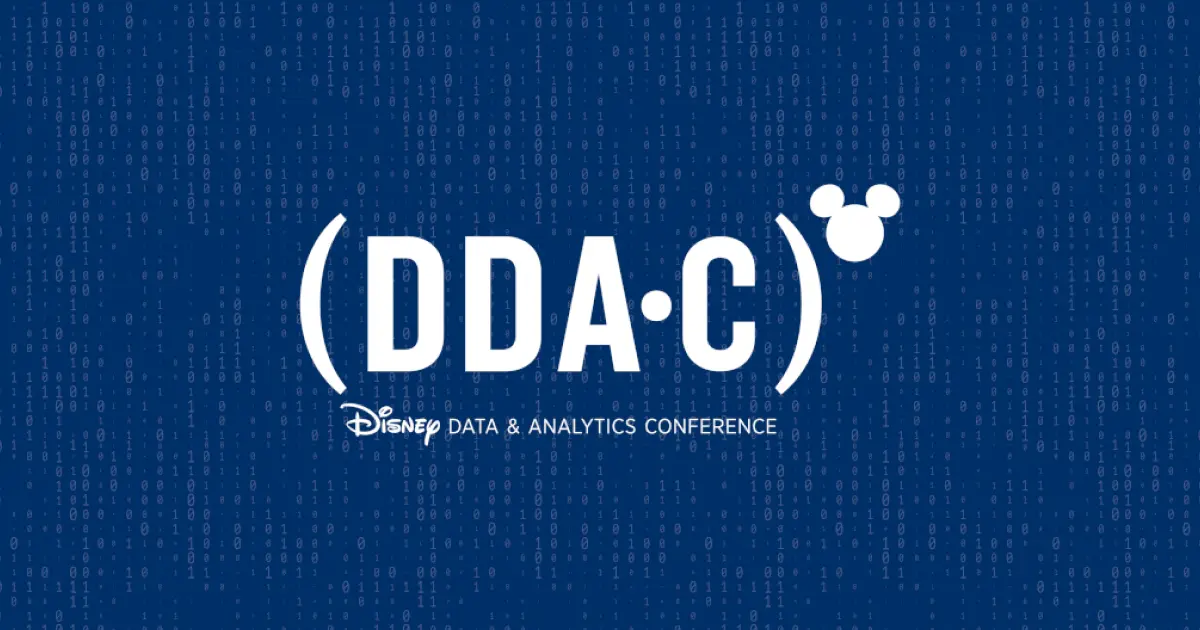
.webp)
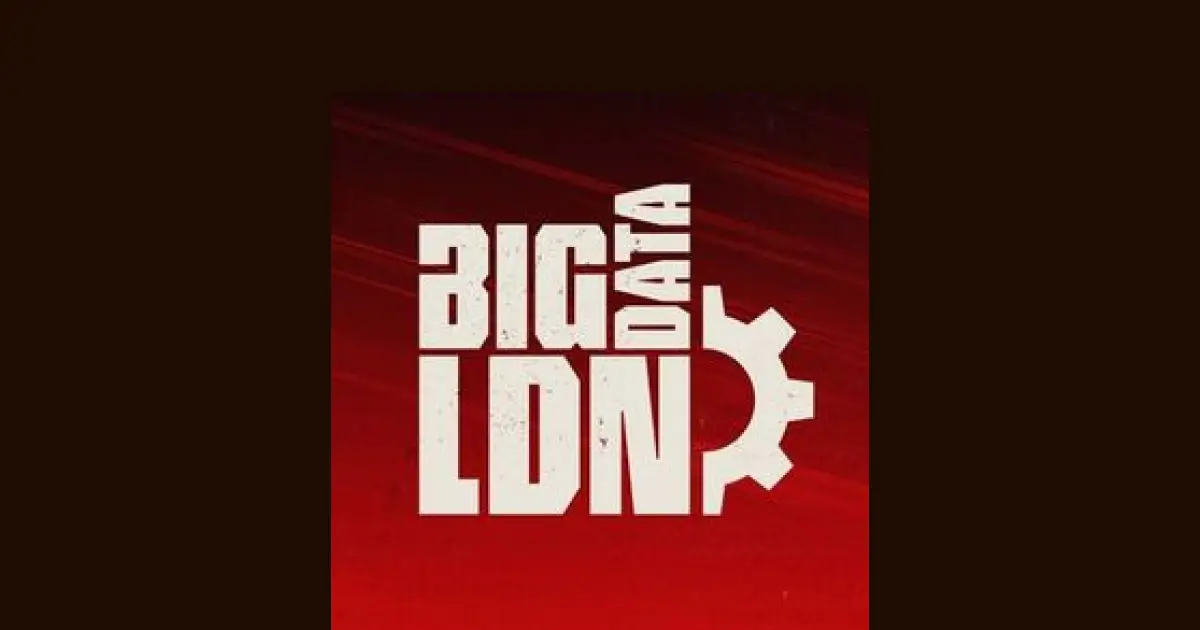
.webp)
.webp)
.png)
.png)
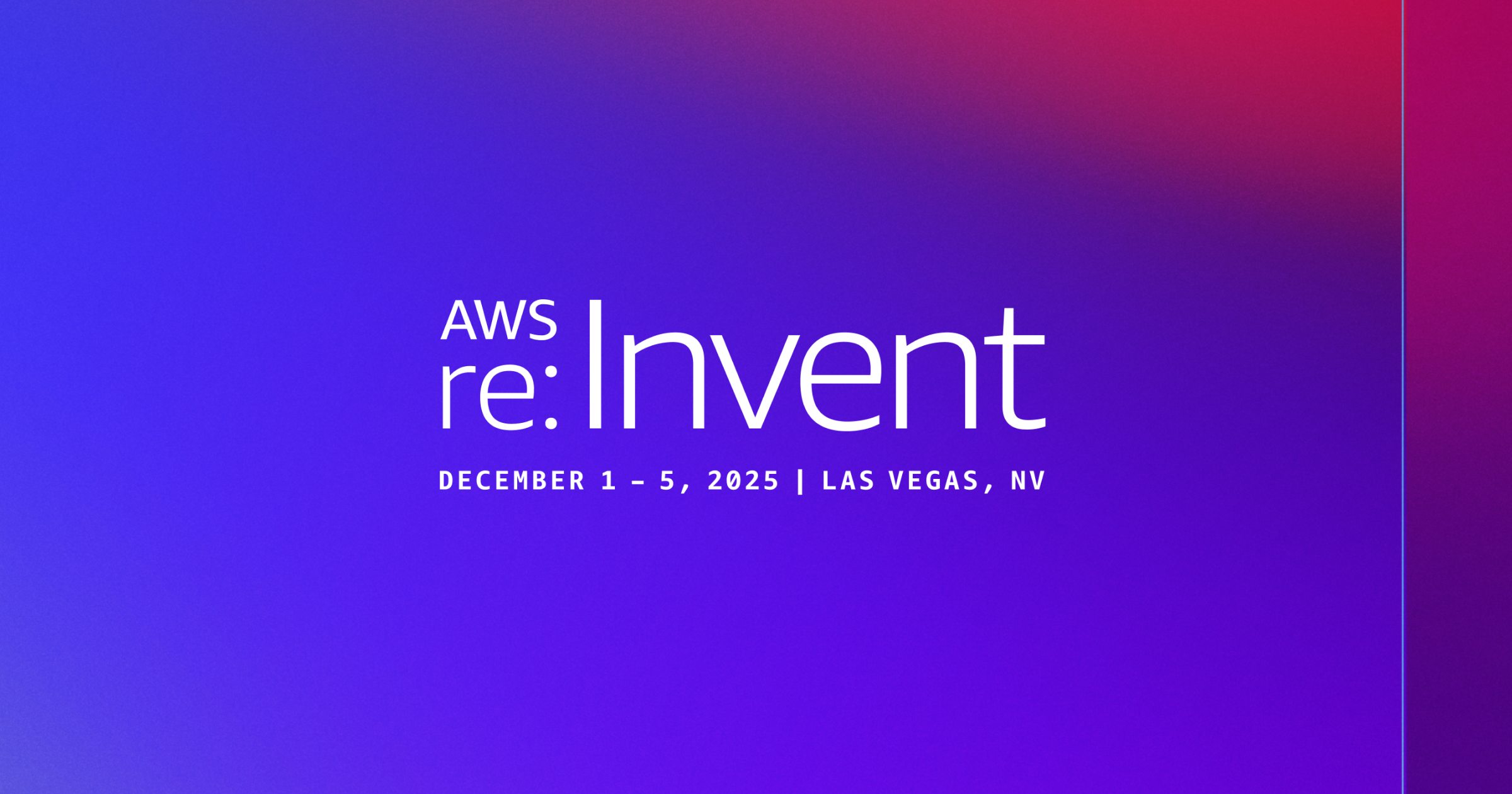


.jpg)
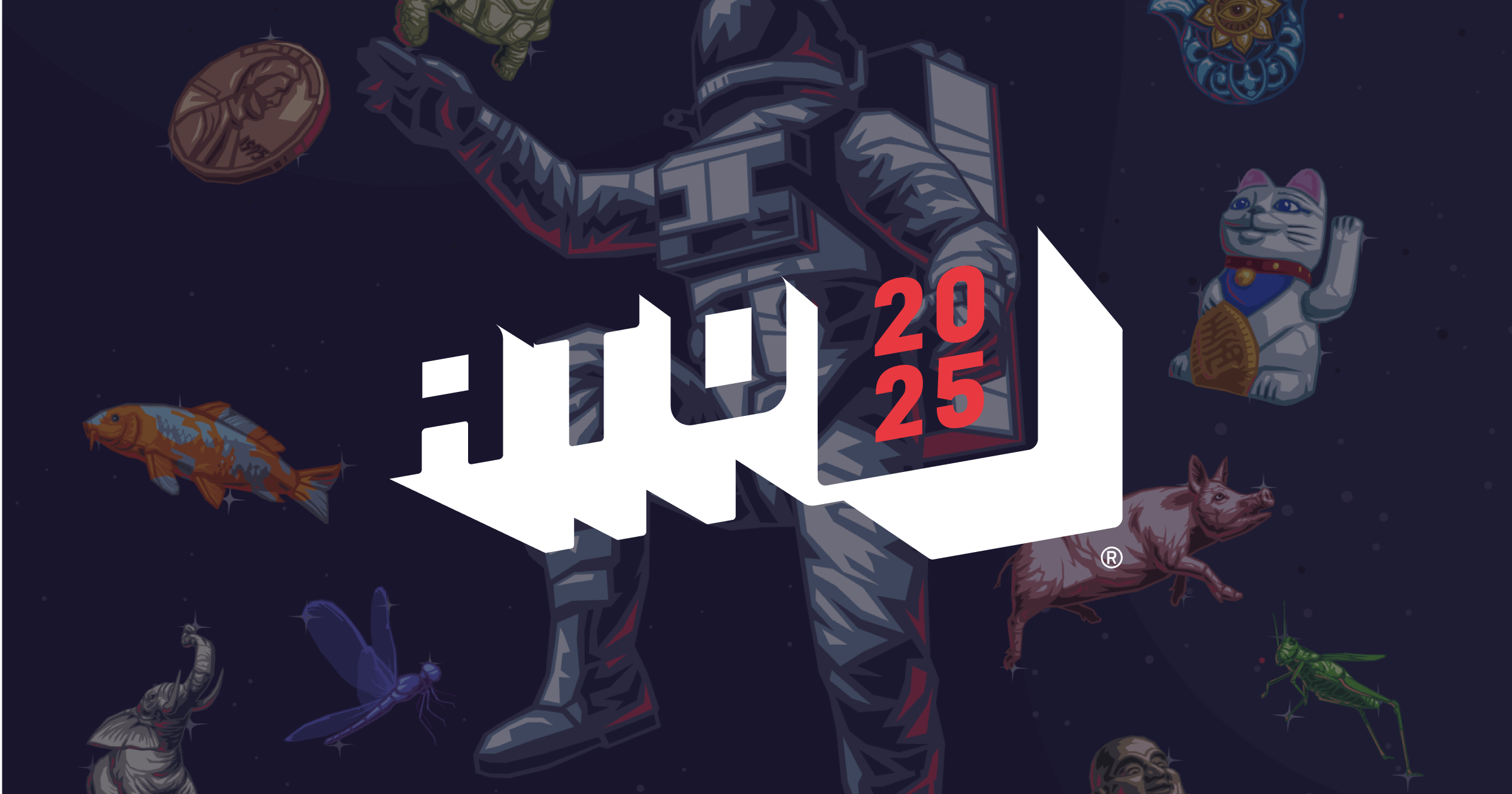
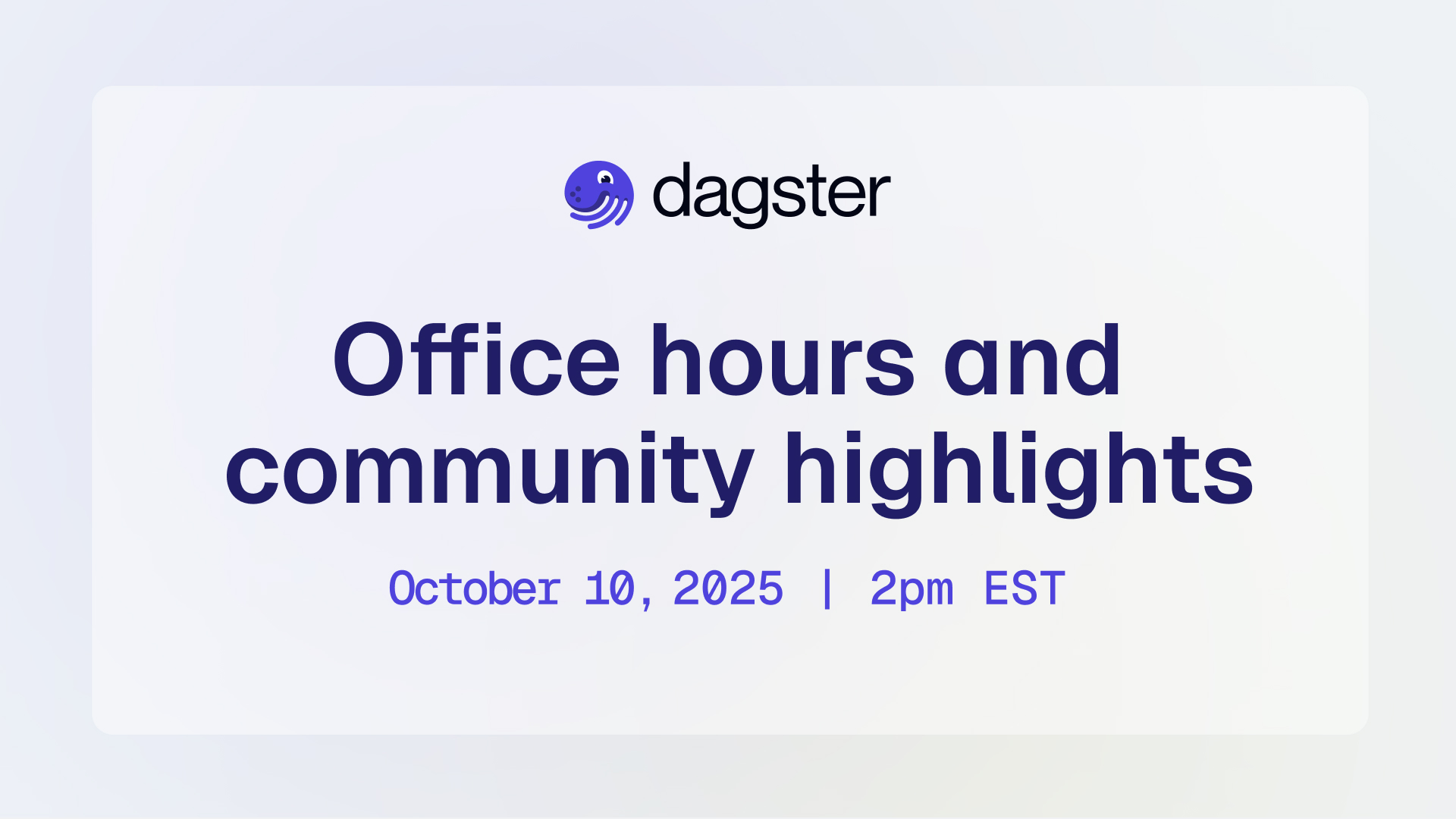

.png)
